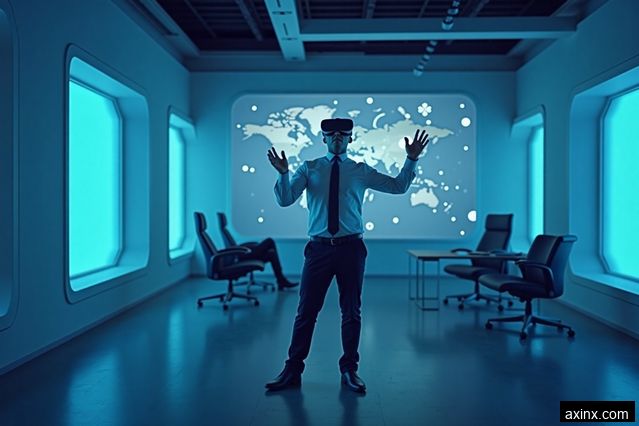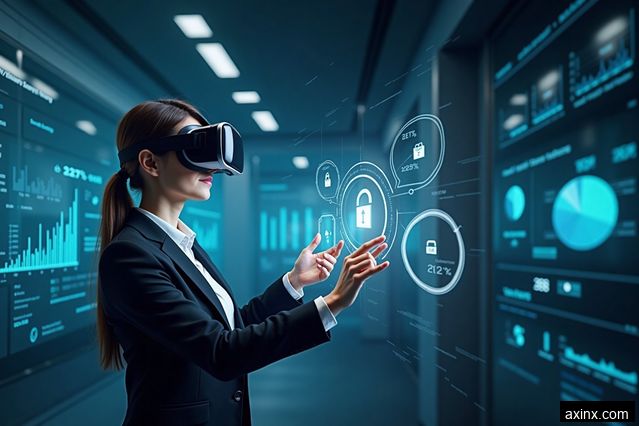Enhancing Training and Education
One of the most promising applications of virtual reality in the business world is in training and education. VR allows employees to practice complex tasks in a simulated environment, reducing the risk of accidents and errors. Companies can create realistic scenarios for training sessions, enabling employees to gain hands-on experience without the need for physical equipment or resources. This immersive learning experience enhances knowledge retention and skill development, resulting in more competent and confident employees.
Improving Customer Engagement
Virtual reality has the power to transform the way businesses interact with their customers. By incorporating VR into their marketing strategies, companies can offer unique and immersive experiences to potential customers. For example, real estate agents can provide virtual property tours, allowing potential buyers to explore different houses without leaving their homes. Similarly, retailers can create virtual stores where customers can browse and purchase products from the comfort of their own spaces. These interactive experiences not only attract customers but also leave a lasting impression, leading to increased customer satisfaction and loyalty.
Revolutionizing Product Development
Virtual reality is also changing the way businesses approach product development. With VR technology, designers and engineers can create virtual prototypes and test them in simulated environments before investing in physical prototypes. This not only speeds up the product development process but also reduces costs. By visualizing and experiencing the product in a virtual space, businesses can gather valuable insights and make necessary improvements early on, resulting in more refined and market-ready products.
Improving Collaboration and Communication
Virtual reality has the potential to break down geographical barriers and enhance collaboration among teams. With VR, remote teams can meet in a shared virtual space, enabling real-time interactions and brainstorming sessions. This technology allows for more effective communication, as participants can visualize and manipulate objects in the virtual environment. By fostering collaboration and eliminating the limitations of traditional video conferencing, businesses can improve team productivity and innovation.
Expanding Remote Work Possibilities
The COVID-19 pandemic has highlighted the importance of remote work, and virtual reality can take remote collaboration to the next level. With VR, remote workers can feel more connected and engaged by participating in virtual meetings and events. Virtual reality can create a sense of presence and belonging, making remote work more immersive and enjoyable. Additionally, VR can enable remote workers to virtually visit offices or workspaces, fostering a stronger sense of company culture and collaboration.
Enhancing Customer Support
Virtual reality can also revolutionize customer support by providing more personalized and interactive assistance. Instead of relying solely on phone calls or live chat, businesses can offer virtual support sessions where customers can visually demonstrate their issues or receive step-by-step guidance. This immersive support experience can lead to faster problem resolution and improved customer satisfaction.








